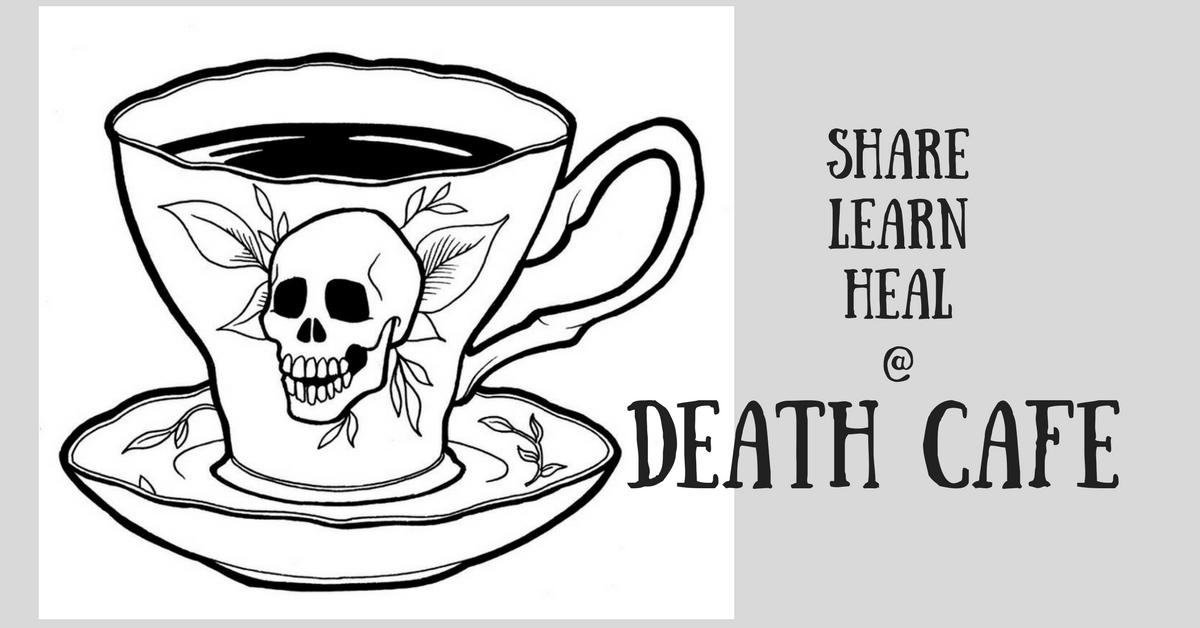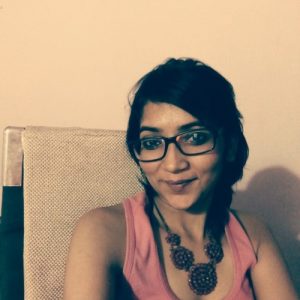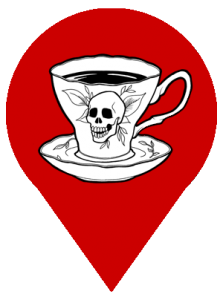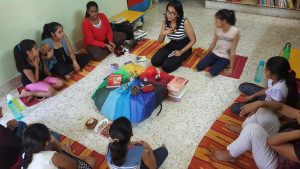Want to Speak About Death Holistically? ‘Death Cafe’ Will Let You Learn and Heal
It is a platform for people who are terminally ill, are bereaved or are interested in knowing more about death to share their experience.

Death is the ultimate truth, and yet we rarely find it discussed.
Each of us copes with the loss of a loved one differently, going through stages of denial, anger, bargaining, depression and acceptance (5 stages of loss – Kübler-Ross model).
To understand what constitutes a ‘good death’ and to change the perception of death in general, Dr Sneha Rooh, a Palliative Physician, started looking for answers.

“While working with a Tibetan monastery, I learnt about how ‘impermanence’ was the base of Buddhism.”

“The concept opened doors for me personally. As part of my job, I often break the bad news of impending death to my patients and their loved ones. Counselling at this stage is imperative. Unfortunately, this is still a bit of taboo in the medical profession,” she rues.
Talking helps to normalize a difficult situation
While researching, Dr Sneha stumbled upon various support groups and ideas including the ‘Let’s have dinner and talk about death‘ and ‘Death cafe‘. She read up some more and signed up to host Death cafes in cities across India.
She says, “Death cafes are an open confidential space to share experiences. It is for everyone.”
Death Cafe is a ‘social franchise’ and was developed by Jon Underwood and Sue Barsky Reid, based on the ideas of Bernard Crettaz.

Since September 2011, over 5028 Death Cafes have been held across 51 countries in Europe, North America and Australasia. Death Cafe has no staff and is run on a voluntary basis.
The phenomenon has arrived in India thanks to Dr Sneha Rooh.
Talking about loss and death is considered morbid. It is almost never discussed in social gatherings. But the elephant is always in the room because it is an inevitable eventuality and the only way to begin the healing process is by talking… and if it is with compassionate strangers, so be it.
“Death cafes were held recently in Hyderabad and Chennai, and it was an intense learning experience,” claims Dr Sneha.
What happens in a typical Death cafe?
Location, date and time of a death cafe are announced beforehand, usually on social media. Once people start gathering for the event, it follows a ‘cafe model’ where conversations are free flowing over cups of coffee and cake.
Though there are no rules per say, there are certain basic courtesies that are expected from the participants, for example:
• No interrupting while someone is speaking
• No contradicting
• No patronising
• Be sensitive, be open
Death cafes are not meant to be support groups. They are a platform where people who are terminally ill, who have lost someone or are simply interested in knowing more gather to share. As Dr Sneha says, “opinion does not matter here, experiences do.”
Death cafe for children
As adults, we often speak to children as if we are providing information, and there are very few times where we operate from the trust of their knowledge, their awareness. This is another reason why we shy away from talking about death to them.
“I have heard stories of children being asked to be taken away from school even as they are receiving chemotherapy because the teachers did not know how to talk to the other children about it. This deprived the child of an important part of life which the ailment had already altered beyond imagination,” laments Dr Sneha.
Coming from a space where she often treated young ones, Dr Sneha wanted to find out what would happen if children sat through a death cafe.
She was given the opportunity when she got the permission to facilitate a Death Cafe at an alternative learning space in Hyderabad called Vision Rainbow.

Due permission was sought from the parents. The circle consisted of one parent and two learning companions along with nine children who ranged from 4-16 years of age.
Rather than the usual ‘cafe model’, the ‘Native American talking stick model’ was followed wherein each child got the opportunity to share, to ask, to express while he or she was holding the stick while all the others were expected to listen with respect.
There were questions like, ‘Why don’t adults talk openly about death?’, ‘Why do we feel sad when people die?’ and more.
“The responses had my heart soaring due to their utter simplicity. One child mentioned about how his parents had lost a child before he was born. He said it in such a matter of fact way, with such innocence, it made me wonder why we hide behind euphemism when speaking with children about something this important. I respect the child’s parents for having shared an obviously painful truth in a manner where the child could speak about it without internalising the pain. The death cafe with the children was my best experience,” adds Dr Sneha.
Dr Sneha Rooh is travelling across the country. She plans to stay for a month in every state and will conduct Death cafes every fortnight (in the city she is based out of).
She also plans to conduct free training in Palliative medicine for doctors, nurses, physiotherapists, social workers and counsellors. Post training, one can choose to take the tests and be certified by Indian Association of Palliative Care (IAPC) after paying their fees.
If you wish to hold a Death cafe in your town, get in touch with Dr Sneha Rooh: [email protected]
Like this story? Or have something to share?
Write to us: [email protected]
Connect with us on Facebook and Twitter.
NEW: Click here to get positive news on WhatsApp!
This story made me
- 97
- 121
- 89
- 167
Tell Us More
We bring stories straight from the heart of India, to inspire millions and create a wave of impact. Our positive movement is growing bigger everyday, and we would love for you to join it.
Please contribute whatever you can, every little penny helps our team in bringing you more stories that support dreams and spread hope.



















